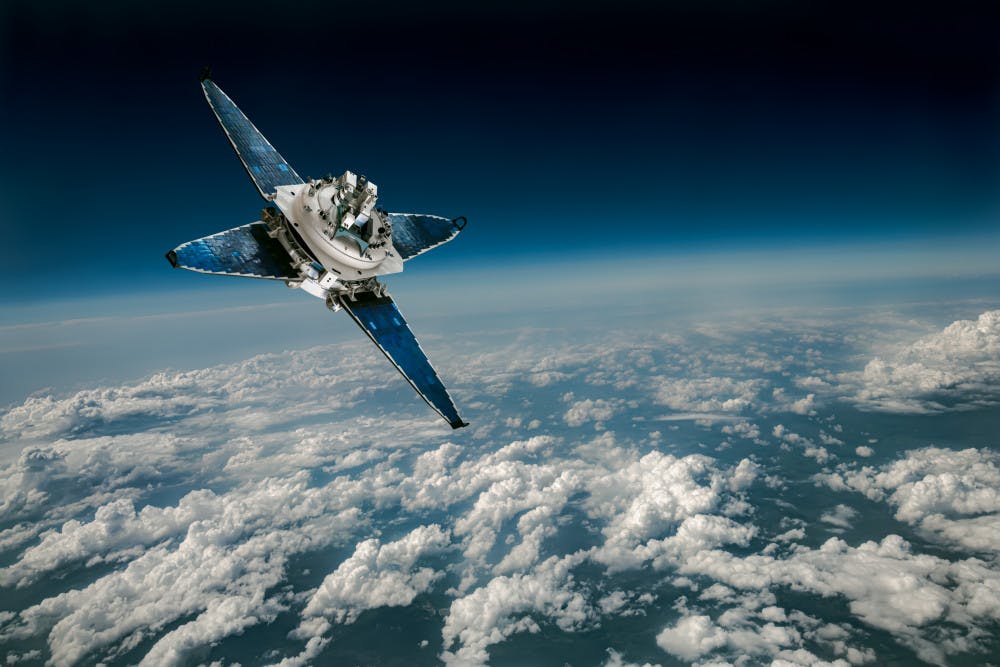By Ariel Steinsaltz
Staff Writer
From its San Francisco offices, Planet Labs has changed the way individuals view the world. According to NBC News, the company operates a fleet of privately owned satellites that are making images of Earth available to the public for the first time.
Some of the 140 satellites are no larger than a loaf of bread, but that does not stop them from being able to change the nature of Earth-imaging from space. The fleet that Planet Labs operates is both the largest group of satellites in history and the least expensive. It is also the first to take pictures of the entire planet once every day, which are then sold to the public, according to NBC News.
The quickly-growing commercial satellite industry with which Planet Labs is associated allows everyone to have access to information about Earth that used to be available only to those with high security clearance. Planet Labs’ satellites uncovered a group of Russian air defense systems in Ukraine, for instance, which threatens NATO aircraft, according to NBC News.

This past May, one of Planet Labs’ satellites took a picture of a plume of smoke that confirmed an illegal missile test performed by North Korea. NBC News reported that this discovery came just after President Donald Trump defended the country and claimed it was not performing such tests.
When Trump tweeted a picture of a ruined Iranian launch site in August, the news cycle focused on its controversy, but never mentioned the fact that a commercial satellite image from Planet Labs gave the public the information before the government could, according to Forbes. The effects of this access are far-reaching and allow everyone in the world obtain important security images.
Forbes reported that as the number of customers for Planet Labs and other commercial satellite companies drops, the U.S. Space Force’s imaging will become obsolete.
“‘I think it’s so important that the pictures don’t lie,’” said Will Marshall, one of the company’s co-founders, who used to design NASA spacecrafts, according to NBC News.
Marshall stressed the importance of transitioning away from the “‘post-truth world’” of today, and going towards one more reliant on true information, according to NBC News.
Planet Labs’ customers include the U.S. government, environmental groups, farmers, Wall Street traders, and journalists. NBC News reported that the images they provide document climate change, natural disasters, refugee camps and cars in the parking lot of retail chains.
Data from their images also helped state officials in Iowa respond to severe flooding in March and gave insight on where to send firefighters during last year’s California wildfires. Marshall explained that by taking pictures before and after national disasters they help responders go where they need to, according to NBC News.
While government satellites are very large and cost billions, Planet Labs’ satellites use smartphone technology to make smaller and cheaper ones. NBC News reported that Marshall built the first one with his partners in a garage.
The employees of Planet Labs believe they are doing good work with their satellites. For this reason, they named them “‘doves,’” according to NBC News.
Other organizations around the world have begun to use the images. According to NBC News, a livestock company in New Zealand is using them to send cattle to better grazing land. Universities are working together to map the coral reefs. A California county is using images to crack down on illegal marijuana farmers. Sarah Bidgood, an arms researcher, is monitoring the Russian weapons in Crimea with the new technology.
“‘Placing information that gives us insights into granular changes on the ground into our hands,’” Bidgood told NBC News. “‘And that’s what allows us to do good, nuanced analysis that can lead to good policy.’”







